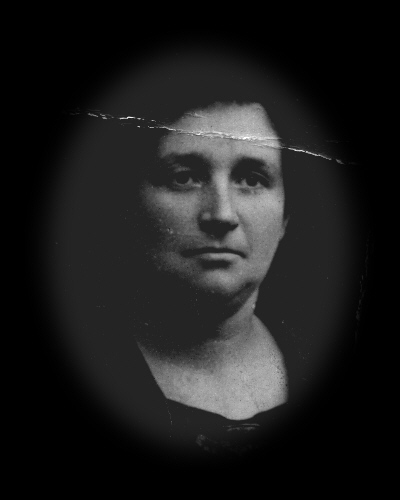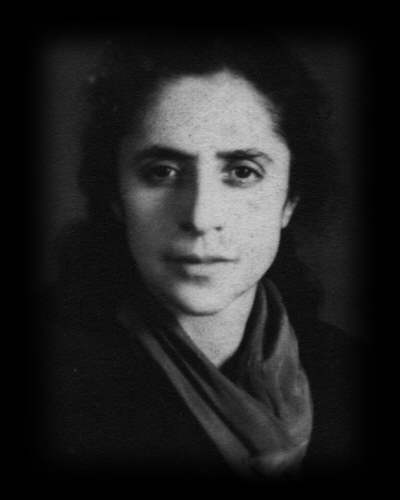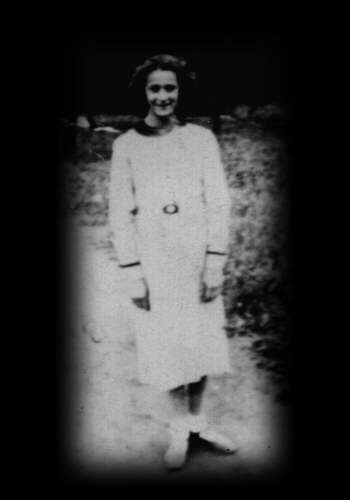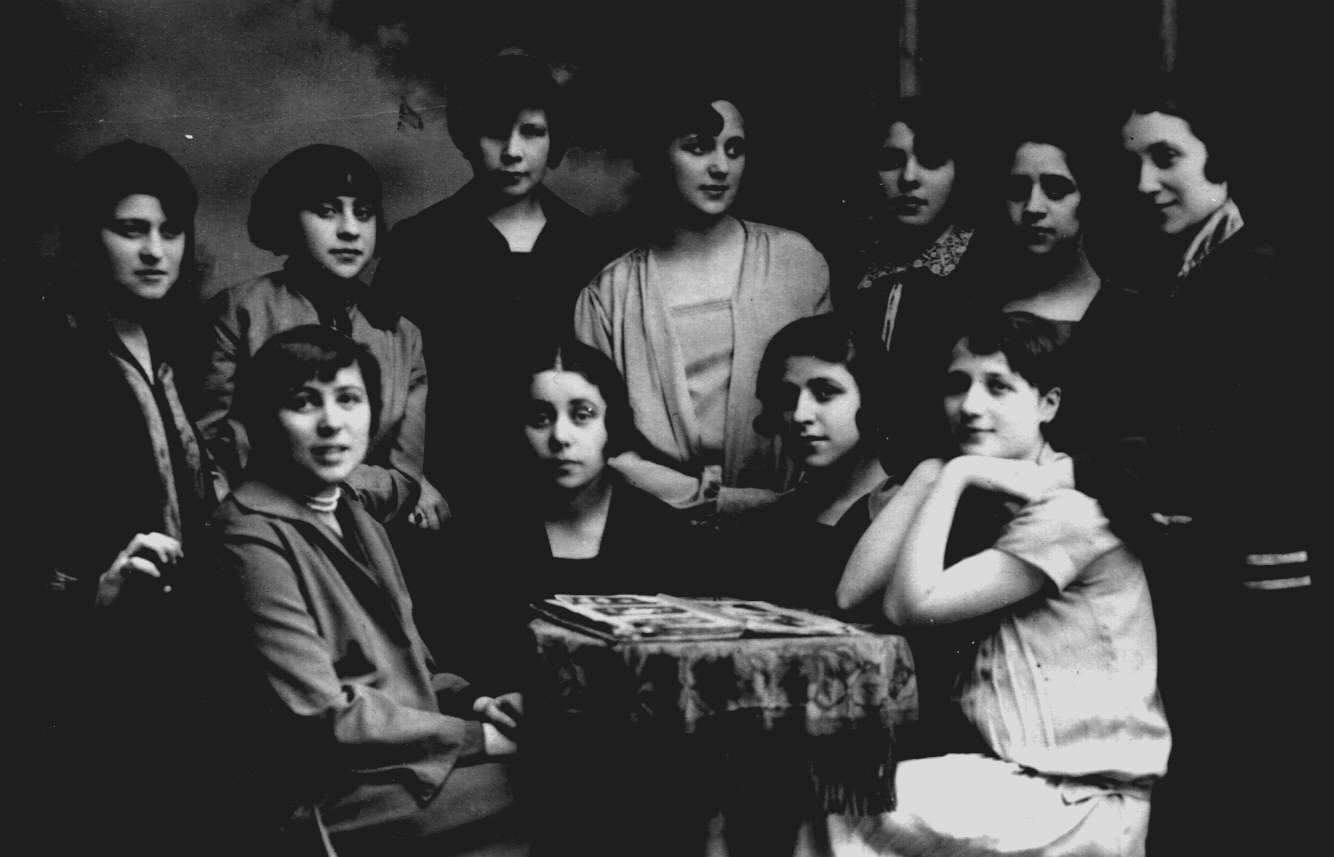
"Your Mother became a wimp, a nobody!" emphatically declared her sister Ruth, describing what the second world war - the Holocaust - did to my mother's psychological state. It was shortly after the year 2000 that I'd visit Aunt Ruth at a nursing home after she started succumbing to the ravages of senile dementia. Although her short-term memory had left her, to the point where she was not sure who her present loved ones were, Aunt Ruth's memory of events far back in her past was brought very much to the forefront, as usually is the case with people who develop dementia.
I saw this as a golden opportunity to find out more about my own Mother's - her sister Raizele's - past; a past my mother told me of as a child - a past I wanted to find out more about. My Aunt Ruth was describing the effect that over five years of war had on my mother - seeing her father and brother die of starvation; seeing her Mother and sisters taken away to be gassed, herself enduring starvation, beatings - untold hardships under her Nazi oppressors. All this had turned my mother, as Aunt Ruth put it - from a "powerhouse" in the family - to a wimp, to a person with little initiative and little will power.
Unfortunately that was my last opportunity to find out more about my mother. As the senile dementia took hold of Aunt Ruth, there was no more information to be had. My Mother was born in Lodz in Poland, possibly in 1911, although I am not certain of the exact year. She was one of many children in a poor Jewish Orthodox family. As soon as her age allowed she helped out in the embroidery business the family operated from their apartment in Ulica. (street) Kamienna 7 (now renamed Ulica Wloczennica). My Mother soon became, in the words of her sister Ruth, "the Front" of the business, her deep knowledge of the Polish language helping her deal with a wide range of non-Jewish as well as Jewish clientele.
My Mother revered her parents. Her father's name was Fishel. Despite his orthodox beliefs, Fishel had a keen sense of history and the sciences. He allowed my mother to go to a secular non-Jewish school where she excelled in mathematics, art and the Polish language, with some of her school projects and artwork being sent to an educational centre in Warsaw. My Mother referred to him lovingly as "Tateshi" - 'Daddy' in Yiddish.
I do not have photographs of Fishel, my grandfather, although since my early childhood I have thought of him with much respect and admiration. His grave, erected by Ruth and her husband Icek Cytrynowski just after the war, is in the Jewish cemetery in Ulica Bracka in Lodz.
From the time I barely learnt to speak and understand, my mother referred to her Mother constantly and with great adulation, as if she were a goddess. In the Kuszer household parents were sacred, with Raizele and the other children not even allowing them to bend down to pick something up that they had dropped, instead rushing to pick it up themselves.
Pesa Kuszer met her fate in a gas chamber in Auschwitz (Oswiecim). For many years into my childhood my mother would tearfully tell me of her Mother saying goodbye, and she would wistfully reflect on how old Mameshi would have been at such-and-such a time had the Nazis not murdered her.
When, in the 1990s my mother was admitted to a nursing home suffering from advanced Senile Dementia while she could still talk she would often ask me "How are Mameshi and Tateshi?" I never disillusioned her. I always assured her that they were all right.


As I recall from my mother's reminiscences when I was a small child, there were several children in the Kuszer family, some succumbing to the various diseases of those pre vaccination and pre-antibiotic times, and some, including my mother and her surviving sister Ruth, at different times being close to death. There were also two brothers in the family. According to my mother's description one fought for Poland in the First World War, but then went on to fight the Bolsheviks and never returned. My Mother told me of his farewells to the family that he never expected to see again. The other brother, Chel Mayer, died of hunger in the Lodz Ghetto, as did her father. In her early days in the nursing home 50 years later, my mother thought of me as her brother, and I never disillusioned her.

